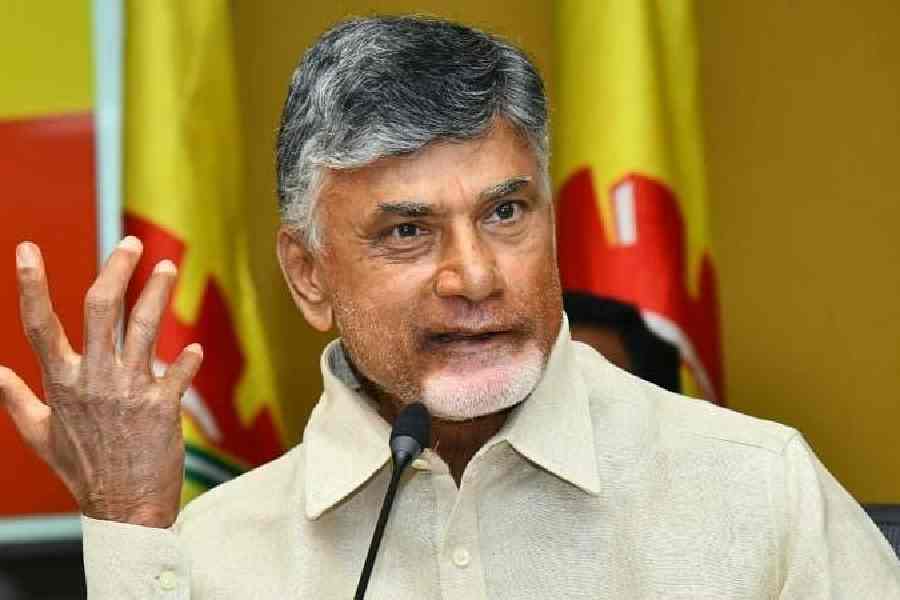The mixture of religion and politics subverts secularism. The Supreme Court administered something of a rebuke on the matter to the Andhra Pradesh chief minister, N. Chandrababu Naidu. A two-judge bench was pronouncing on Mr Naidu’s unproven allegation made publicly that the laddoos of the Tirupati temple were adulterated, that is, beef, pig fat and fish oil were used in the making of the prasad. The judges pointed out that the special investigation team inquiring into the matter could be prejudiced by these remarks of a “high constitutional functionary”. Besides, there should be respect for the sentiments of people. It was in this context that the court said that god should be kept away from politics. In other words, Mr Naidu’s remarks breached his responsibilities as chief minister but it was as important that the allegations were politically targeted, since the charge arose during the previous government’s tenure under Y.S. Jagan Mohan Reddy. By his remarks on the adulterated Tirupati laddoos, Mr Naidu was hurting people’s religious faith for a political motive
even before the SIT had uncovered the truth or falsity of the accusation.
The Supreme Court’s admonition has reverberations beyond this case. The secular fabric of the country has already been ravaged by the use of religion in politics; from there it has infiltrated social matters and cultural attitudes. The value of the Supreme Court’s pronouncement becomes clearer in light of the way religion has encouraged majoritarianism, creating insecurity among minority communities and, in many cases, cornering their lifestyles and livelihoods. The idea of Hindutva that is nowadays inextricable from politics is also casteist; that is suggested, for example, by the suicides of Dalit students, a 45% increase in sexual assaults on Dalit girls by men from dominant castes, and a quiet withdrawal of certain educational grants and forms of support for Dalits in school and higher education. The outcome of mixing religion with politics has created an atmosphere of combined aggression, hatred and fear. Sadly, many political parties, even some in opposition to the ruling party in Delhi, are wooing religion in less obvious ways to address the religious sentiments aroused in their voters. In that context, the Supreme Court’s direction to keep god away from politics should be heard by all leaders throughout the country, not just Mr Naidu.











